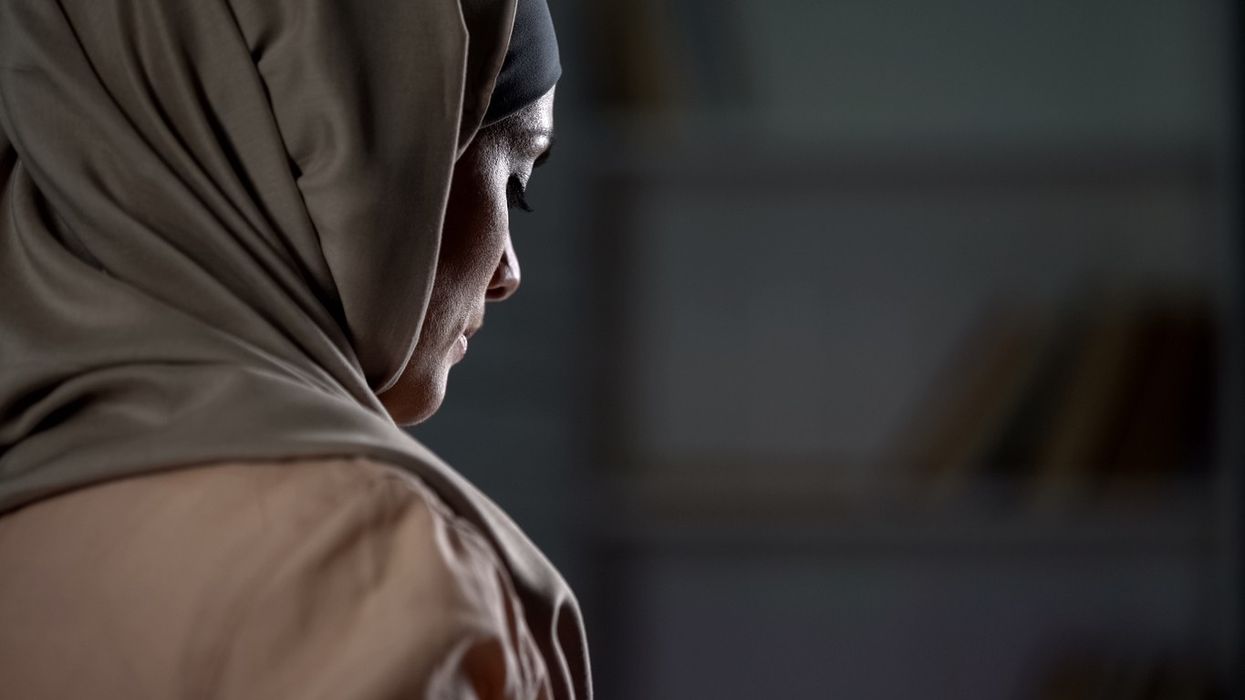Citizenship-stripping powers introduced in the UK since 2002 have enshrined a “second-class citizenship”, mainly affecting Muslims, a London-based think tank said.
Institute of Race Relations said in a report that the powers that allowed citizenship to be removed without notice led to the creation of a lesser form of citizenship.
While the government claimed only those whose actions posed grave threats to national security, or who committed abhorrent crimes, would lose their citizenship, the report argued that the ambiguous criteria for deprivation increased the likelihood of arbitrary and discriminatory decisions.
According to it, both Labour and Conservative governments have given ministers successively wider powers to revoke the citizenship of those with access to another citizenship – who are mainly ethnic minorities.
The targets were almost exclusively “British Muslims of south Asian heritage,” said the report, which came amid the renewed controversy over the alleged smuggling of Shamima Begum into Syria when she was a school girl and in the wake of the Nationality and Borders Act.
It recalled that in December 2013, then home secretary Theresa May had asserted “British citizenship is a privilege, not a right” while revealing she had revoked the British citizenship of 20 jihadists that year.
“The statement, repeated by successive Home Office ministers, is directed at Muslims, not at the British population as a whole, and is understood as such,” the report titled, Citizenship: from right to privilege’, said.
For “native” Britons, UK citizenship was an inalienable, irrevocable and unconditional right, but was only a “withdrawable ‘privilege”, for others - British-born, registered or naturalised
citizens with another nationality or access to one, it said.
Institute vice chair Frances Webber who authored the report said: “The message sent by the legislation on deprivation of citizenship since 2002 and its implementation largely against British Muslims of south Asian heritage is that, despite their passports, these people are not and can never be ‘true’ citizens, in the same way, that ‘natives’ are.”
“While a ‘native’ British citizen, who has access to no other citizenship, can commit the most heinous crimes without jeopardising his right to remain British, none of the estimated 6 million British citizens with access to another citizenship can feel confident in the perpetual nature of their citizenship,” he wrote in the report.
British Muslims reduced to 'second class' due to racist citizenship removal system, says thinktank
The targets were almost exclusively “British Muslims of south Asian heritage,� said the report.




